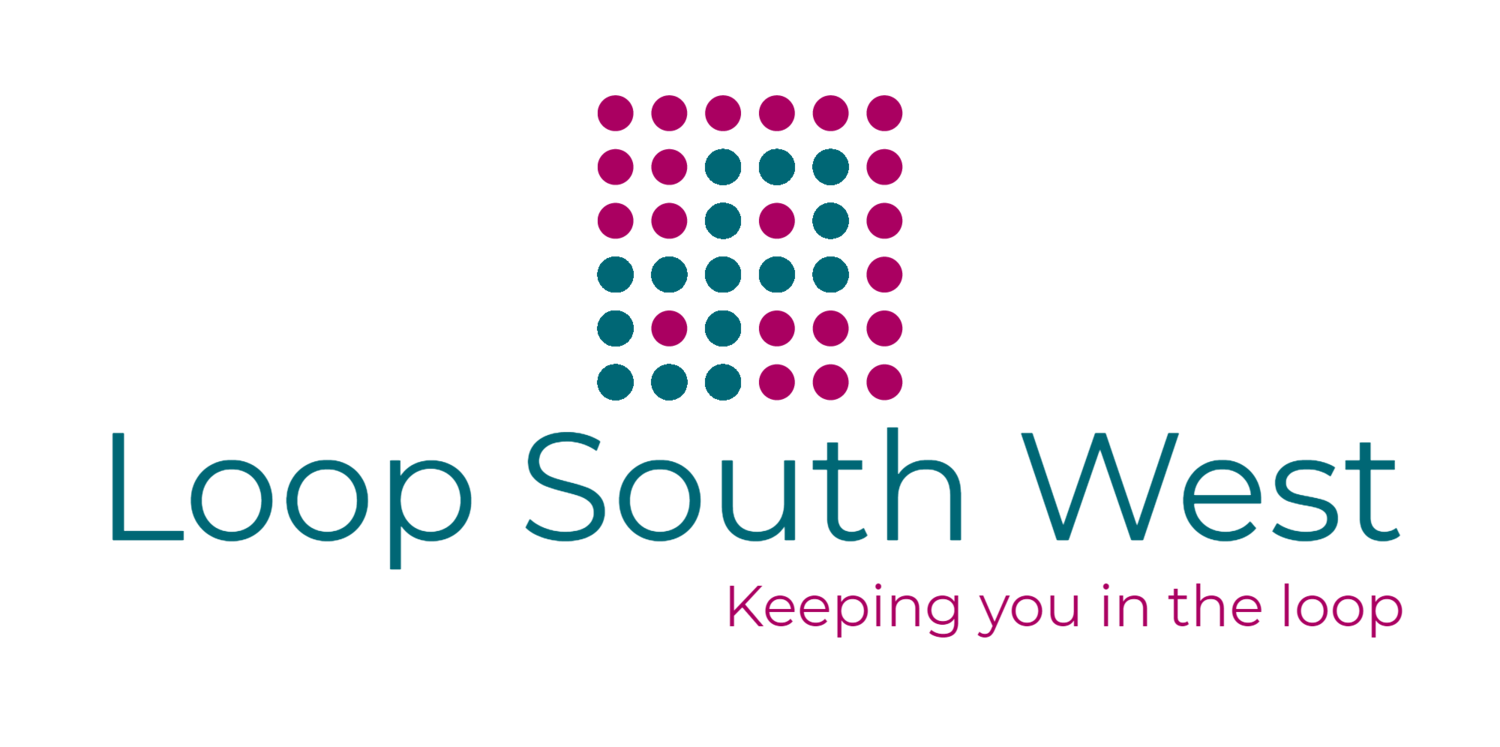Bird flu outbreak in poultry near Gillingham
An outbreak of avian influenza has been confirmed in poultry near Gillingham, North Dorset.
A small number of chickens died suddenly and so were tested for bird flu. The results confirmed that they had contracted the H5N8 strain of the disease. The small number of remaining birds at the premises have been humanely culled.
Following this outbreak, a 3-kilometre protection zone has been set up around the premises.
Staff from the Animal and Plant Health Agency and Dorset Council’s trading standards team are working with properties within the allotted zone to check on any birds kept outdoors to offer advice and guidance.
Neil Martin, Principal Trading Standards Officer at Dorset Council said:
“Since 14 December 2020, all poultry and captive birds must be housed under rules issued by the Animal and Plant Health Agency. Due to the increase in cases of Avian Influenza (bird flu) found in both wild birds and commercial poultry flocks these additional rules were brought in to prevent further spread of the disease. The risk to human health at this time has been confirmed as low and it is safe to eat poultry products.”
Poultry and captive bird keepers are advised to be vigilant for any signs of disease in their birds and any wild birds and seek prompt advice from their vet if they have any concerns. They can help prevent avian flu by maintaining good biosecurity on their premises, including:
housing or netting all poultry and captive birds
cleansing and disinfecting clothing, footwear, equipment and vehicles before and after contact with poultry and captive birds – if practical, use disposable protective clothing
reducing the movement of people, vehicles or equipment to and from areas where poultry and captive birds are kept, to minimise contamination from manure, slurry and other products, and using effective vermin control
thoroughly cleaning and disinfecting housing at the end of a production cycle
keeping fresh disinfectant at the right concentration at all points where people should use it, such as farm entrances and before entering poultry and captive bird housing or enclosures
minimising direct and indirect contact between poultry and captive birds and wild birds, including making sure all feed and water is not accessible to wild birds
For more advice and regular updates on the latest situation, visit the Government’s avian flu pages https://www.gov.uk/guidance/avian-influenza-bird-flu
Poultry and captive bird keepers and members of the public should report dead wild birds to the Defra helpline on 03459 33 55 77 (option 7), and keepers should report suspicion of disease to APHA on 03000 200 301.
Public Health England (PHE) has advised that the risk to the public’s health from all four of the virus strains which have been found in England (H5N2, H5N8, H5N5, H5N1) is very low.
The Food Standards Agency has said that on the basis of the current scientific evidence, avian influenza poses a very low food safety risk for UK consumers. Properly cooked poultry and poultry products, including eggs, are safe to eat.






